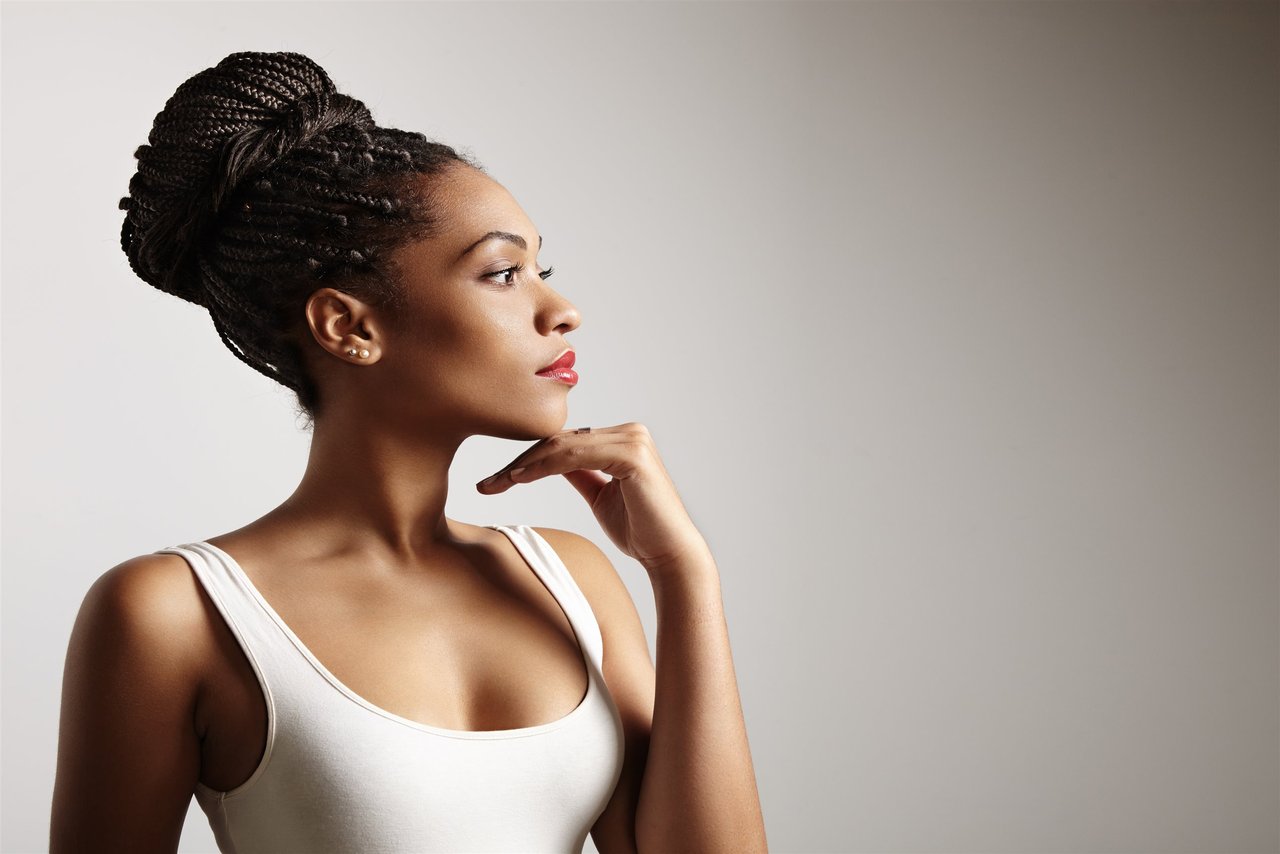
Unique Black Women Marriage Patterns: What the Numbers Reveal
When talking about black women marriage, reality is hard to ignore. Numbers don’t lie: “Black women spend fewer of their reproductive years as part of a married couple than white women, marrying at later ages and being more likely to have never married. Their first marriages are more likely to dissolve, and they are less likely to remarry after divorce or widowhood compared to white women.” These differences are more than statistics – they change relationships, partner choice, and the experience of love for black women.
Black women often face unique pressures within the dating world. Expectations from family, culture, and society might push you toward unions that don’t fit or force fast decisions without time to check for red flags. Some settle for less because they think being alone means something is wrong with them. This isn’t about “not trying hard enough.” It’s about the system – how black women’s marriage patterns reflect deeper currents around worth and companionship.
It’s easy to tie value to relationship status, but history and numbers show that black women deserve unions built on more. You can read more detail in this article. Never let outside voices drown your own needs in a relationship. Your worth is not measured by how fast, how soon, or how often you marry.
A wedding ring is not a finish line; it’s a choice, not a life raft.

First Time Marriage Statistics for Black Women and Comparison Data
Digging into first time marriage statistics for black women exposes a powerful narrative. Data shows that while nearly 90% of white women marry by age 45, only about two-thirds of black women do. Median age at first marriage is typically higher—black women often wait four to five years longer than their white peers. These stats aren’t just numbers in a table; they shape real-life decisions about love, union, and future plans.
Marriage patterns are shifting. According to the U.S. Census Bureau, the rate of first marriages for black women has dropped more sharply than for any other group in recent decades. Remarriage rates—after divorce or widowhood—are even lower compared to white women. If you’ve paused to wonder why those numbers matter, realize that the stats reflect what you might feel in your gut every time you wonder about your own path, or when comparing relationship journeys on social media.
Rushing into marriage just to meet a statistic isn’t success. First marriages may dissolve more frequently and the option or desire to remarry may never come. The trend speaks: real love can't be forced by numbers, and chasing the averages can leave you overlooking what matters most—compatibility, choice, and your own sense of worth. (For an introduction on healthy relationship dynamics, see our insights here.)

Relationship Status and Value: Why Love Is Not a Measurement of Worth
Holding up relationship status as a trophy or proof of value sets up black women for disappointment that’s not deserved. Real talk: romantic love is not a scoreboard, and being single is not a failing. Still, the pressure comes loud—from family, media, and sometimes from inside your own head. In truth, your value is set long before anyone offers—or withholds—romantic love.
Too many believe that a relationship or marriage is the reward for being “enough”—attractive enough, successful enough, agreeable enough. But marriage patterns show it’s more complicated. You shouldn’t ever have to trade your self-worth for access to love. Your emotional health matters more than status updates or meeting someone else’s timeline.
Prioritize what you want, what you feel, and where your whole self is seen. This isn’t easy, because years of hearing otherwise can make solitude feel heavy. But real union doesn’t come from settling, rushing, or comparing. The most honest measure of success? Being able to look back and say: “I stood for what mattered to me, and never let my worth hang on anyone’s approval.” If you want specific steps for self-care in dating, take a look at our practical guide for black women.